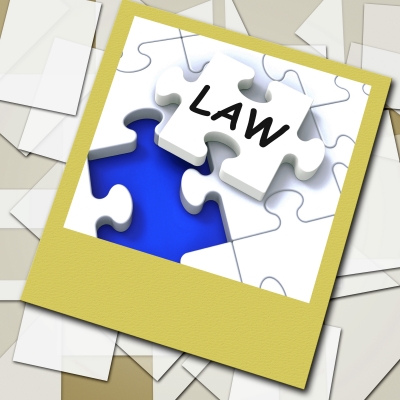Tenants residing in British Colombia have certain rights as per the Residential Tenancy Act (RTA). These rights safeguard the tenant from exploitation by the landlord. Some of these rights are:
Rent
The tenant must decide within the auspices of the tenant agreement as to the mode as well as the channel of payment (that is by mail or in person). The landlord must give a notice of ten days before evicting the tenant. If the tenant makes the payment within five days of the eviction date the notice is cancelled. However a tenant may default on her rent under the following conditions:
- The tenant has an arbitrator’s decision allowing the deduction
- The landlord illegally increases the rent
- The landlord has overcharged for a security or pet damage deposit
- The landlord refuses the tenant’s written request for reimbursement of emergency repairs
- The tenant has the landlord’s written permission allowing a rent reduction
Before considering withholding rent, please contact the residential tenancy branch.
Co-tenants
The tenant has the right to include co-tenants (children, relatives) in the tenant agreement. These co-tenants also come under the conditions set forth in the tenant agreement.
Maintenance
Landlords share responsibility with tenants to maintain rental property. Landlords must provide facilities that:
- Meet health and safety standards required by law
- Have all of the services and facilities outlined in the tenancy agreement
- Are in good repair
The tenant has the right to inspect the residence before she moves in.
Landlord access
Landlords may access the same amenities as the resident such as:
- Any common areas that are shared with others like hallways, courtyards and laundry facilities – no notice is required
- The rental unit once per month to inspect the condition of the property – proper notice to tenants is required
- To show the property to prospective buyers – proper notice to tenants is required
However the landlord can enter the tenant’s residence only if:
- There’s an emergency and entry is necessary to protect life or property
- The tenant is at home and agrees to let the landlord in
- The tenant agreed, not more than 30 days before, to let the landlord enter
- The tenant was given written notice outlining the date, time (between 8 a.m. and 9 p.m.) and purpose – at least 24 hours before and not more than 30 days before
- The tenant has abandoned the rental unit
- The tenant lives in a hotel and someone comes in to clean the room
- The landlord has an arbitrator’s order or court order to enter the rental unit
Other rights
The landlord must provide the tenant with other rights such as:
- Providing the keys to the residence.
- Allowing for pets if under the conditions of the tenancy agreement.
- Maintaining peace and quiet for the tenant.
Notice period
For all notices concerning eviction of tenant, tenant agreements and maintenance checks, prior arrangements should be made and notice should be sent to the tenant well in advance.
Any dispute between the landlord and tenant can be settled via mutual discussion or dispute resolution. If tenants have further grievances please contact legal help.

